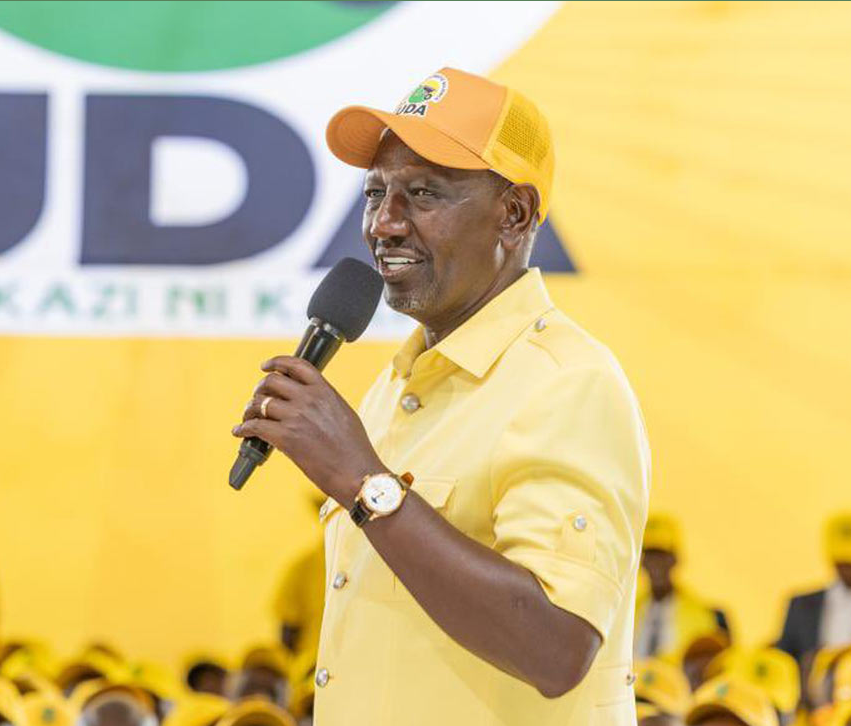EPRA Drops Petrol and Kerosene Prices by KSh 1 per Litre; Diesel Holds Steady
In its most recent fuel price review, the Energy and Petroleum Regulatory Authority (EPRA) announced a modest reduction in the pump prices of super petrol and kerosene by KSh 1 per litre, while diesel prices remain unchanged.
These adjustments will take effect from August 15 to September 14, 2025.

Revised Fuel Prices Across Major Cities
Nairobi:
Super Petrol: KSh 185.31 (previously KSh 186.31)
Kerosene: KSh 155.58 (previously KSh 156.58)
Diesel: KSh 171.58 (unchanged)
Mombasa:
Super Petrol: KSh 182.03
Diesel: KSh 168.30
Kerosene: KSh 152.29
Kisumu:
Super Petrol: KSh 185.16
Diesel: KSh 171.78
Kerosene: KSh 155.83
Nakuru & Eldoret (selected other cities):
Nakuru: Super Petrol KSh 184.35, Diesel KSh 170.97, Kerosene KSh 155.01
Eldoret: Super Petrol KSh 185.17, Diesel KSh 171.80, Kerosene KSh 155.83
What’s Driving the Adjustments?
EPRA attributes the price corrections to fluctuations in the landed cost of petroleum imports:
Super Petrol: Fell by 0.73%, from USD 628.30 (approx. KSh 81,200) to USD 623.71 (approx. KSh 80,600) per cubic metre.
Diesel: Rose by 3.08%, from USD 616.59 to USD 638.58 per cubic metre.
Kerosene: Increased by 3.20%, from USD 608.54 to USD 628.02 per cubic metre.
Context from Previous Reviews
The latest adjustment follows a sharp hike in July, where EPRA raised petrol by KSh 8.99, diesel by KSh 8.67, and kerosene by KSh 9.65, mainly due to surging landed costs at that time.
Key Takeaways for Kenyans
| Perspective | Takeaway |
|---|---|
| Consumers | Slight relief at the pump for petrol and kerosene users. Diesel users see no benefit this cycle. |
| Transport Sector | No relief for diesel-dependent sectors—cost pressures remain. |
| Market Insight | Fuel price movements continue to reflect global cost trends and EPRA’s regulatory adjustments. |
Legal and Regulatory Frame
EPRA’s decisions comply with:
Section 101(y) of the Petroleum Act, 2019, and
Legal Notice No. 192 of 2022, governing maximum allowable retail prices.
The announced pump prices are inclusive of 16% Value Added Tax (VAT).
As well as updated excise duty rates adjusted for inflation, all by recent legislation, including the Finance Act 2023 and the Tax Laws (Amendment) Act 2024
Final Thoughts
While the KSh 1 reduction provides minor relief, it’s a reminder of how global fuel market dynamics and import costs continue to influence domestic prices.
Kenyans, especially households and the transport sector, which rely on kerosene or diesel, should budget accordingly, as relief remains limited.
Would you like me to prepare a localized breakdown by region or focus on long-term trends in fuel pricing?
ALSO READ: Kenya’s 2026 Finance Bill Proposes Higher Tax-Free Income Threshold








































